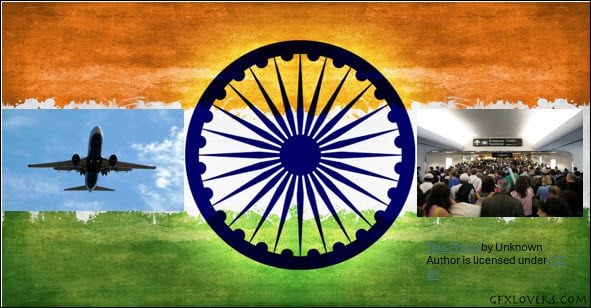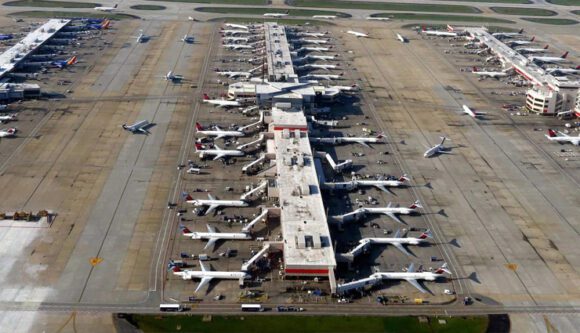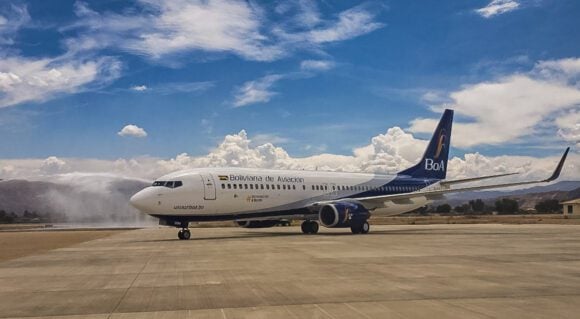
Indian aviation
Today, we are opening this story as an example of our detailed reporting from India. Please subscribe to stay informed.
Indian aviation this week focused on the country’s newest airline, Akasa Air, which secured a second round of funding, Boeing’s deliveries, IndiGo’s Boeing 787 leas,e, and air taxi trials.
Akasa
Akasa Air, which expanded to a 27-strong, all-Boeing 737 fleet in approximately three years, has finally obtained around $125 million in funding from a group of investors, including the promoter of India’s tech giant Wipro. Premji Invest, the global investment arm of Azim Premji, Claypond Capital, Ranjan Pai’s investment office, and funds managed by 360 ONE Asset, will invest in the airline alongside the founder-promoter, the Jhunjhunwala family.
Vinay Dube, Founder and CEO of Akasa Air, described these transactions as “not just financial transactions; they are an investment in our vision and commitment to building an airline for generations.”
Securing these funds was crucial for the airline, as it must fulfill payments for a Boeing order placed last year and invest in growth. In its first two years of operation, the airline incurred losses of just under $300 million. The airline’s statement did not disclose the amount raised or the resulting dilution.
Boeing
While investors injected funds into Akasa, Boeing continued to present challenges. The manufacturer announced that India requires approximately 2,500 planes over the next 20 years — nearly 90% of the 2,900 are projected for South Asia—but stated it could only deliver two planes to India monthly for the next two years.
“We do expect it to last for some period of time. It’s going to take a while to recover and being as transparent as possible with our customers and helping them plan accordingly is what we’re here to do,” Ryan Weir, vice president, of commercial sales and marketing, India and South Asia at Boeing said, “We are going to deliver about two airplanes a month to India and expect that to continue at that pace and grow slightly as we move forward.”
Akasa, which had hoped to have a fleet of around 35-40 planes by March, currently has only 27 due to Boeing’s difficulties. The plane maker did not specify how many of these 24 planes will go to Akasa and Air India Express this year. SpiceJet, its only other customer in India, is also discussing with Boeing to resolve challenges stemming from its financial constraints. SpiceJet has announced plans to unground 10 Boeing planes this year, adding to its fleet of 28 operational aircraft (some of which will also be returned).
IndiGo
India’s largest airline, with a fleet of nearly 400 planes, has agreed with Norse Atlantic Airways to lease 787-9 aircraft. The plane will arrive in India in the coming weeks and is expected to commence operations in March 2025.
The initial term of the agreement is six months, extendable to up to 18 months, and potentially longer, subject to regulatory approvals, the airline stated, adding that both parties are exploring opportunities to contract more planes.
IndiGo was in discussions to lease around six of these planes. While the reason for the agreement for only one plane remains unclear, it is evident that the airline is unwilling to wait until 2027 for its Airbus A350s to arrive to make its full-fledged long-haul international debut.
Pieter Elbers, CEO of IndiGo, emphasized in his statement that “our vision is to transform into a global player by 2030 while having strong roots and continuous expansion in India, and we are strategically moving ahead in that direction.”
Air Taxis
Congestion is becoming a central concern in key metros like Mumbai, Delhi, and Bengaluru. Electric air taxi manufacturers are wooing Indian entrepreneurs with presentations and the hope that their “Air Ubers” will become a reality for short trips.
This week, the aviation minister also addressed the topic.
“A trial of this service with a prototype will be conducted on a pilot basis by 2026,” Minister Ram Mohan Naidu said at a conference organized by the Aeronautical Society of India in Pune, adding that the regulator DGCA is at the forefront of framing rules to allow for these flying machines to fly safely.
Views: 125



